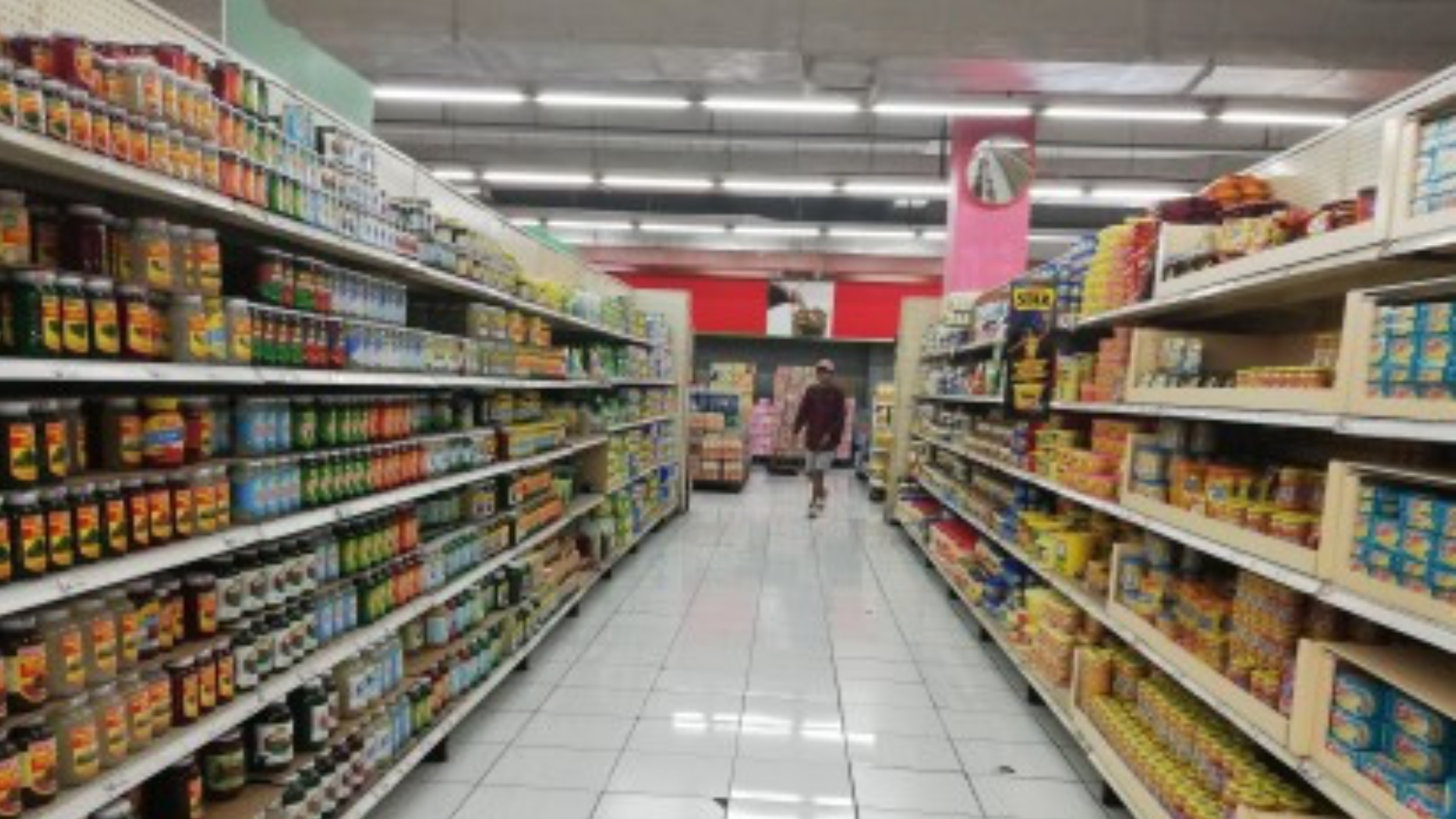A lawmaker on Thursday suggested allowing the Electronic Benefit Transfer (EBT) card of the government’s food stamp program (FSP) to be usable at point-of-sale at supermarkets, grocery stores, and drugstores with electronic card readers.
Manila Rep. Joel Chua said there are not enough Kadiwa stores and the Department of Trade and Industry’s (DTI) rolling stores to serve a large number of beneficiaries and adapt to future scaling up, considering that next year’s target would be 300,000 households.
“(It is) too costly to build and deploy more Kadiwa and DTI stores. Instead of spending to build more of these government stores, it is much less costly to accredit and involve already established supermarkets, groceries, and drugstores for EBT rollout,” he said.
He said EBT cards must be configured, so they could be as portable as debit purchase cards and usable at electronically and Internet-connected retail outlets.
A flagship program of the Department of Social Welfare and Development (DSWD), the FSP aims to decrease the incidence of involuntary hunger by improving the availability and accessibility of nutritious food for less fortunate households while helping address nutritional concerns.
It provides cash-based assistance in the form of EBT cards, loaded with PHP3,000 food credits. Fifty percent of the amount is allotted for carbohydrate-rich food, 30 percent for protein, and 20 percent for fruits and vegetables.
It is a pilot program intended for 3,000 families in five areas – Tondo, Manila; Dapa, Siargao; San Mariano, Isabela; Garchitorena, Camarines Sur; and Parang, Maguindanao.
Chua said the current purchase limits and conditions of the EBT card would be extremely difficult to administratively impose on supermarkets, groceries, and drugstores.
He recommended that the purchase conditions be removed to make the EBT card more portable.
“The retailers’ cashiers and personnel should not be burdened with the role of spending gatekeeper, which can be done only at the Kadiwa and DTI stores,” he said.
“Instead of these conditions and to have an assurance of prudence in budgeting EBT purchases, the EBT card should be in the name of the mother or suitable alternate if the beneficiary household has no mother, spouse, or common-law wife.”
He added that the suitable alternative would be the grandmother in the household or the eldest child who is already of the responsible age of 15 or older.
As for post-purchase monitoring, Chua said there could be some “technological ways” for the DSWD EBT project office to be electronically tagged and send online electronic copies of purchases made using each EBT card.
“This should be part of the instructions and configuration of each EBT card. This way, DSWD will know whether each EBT card holder is responsibly using the EBT card,” he said. (PNA)







